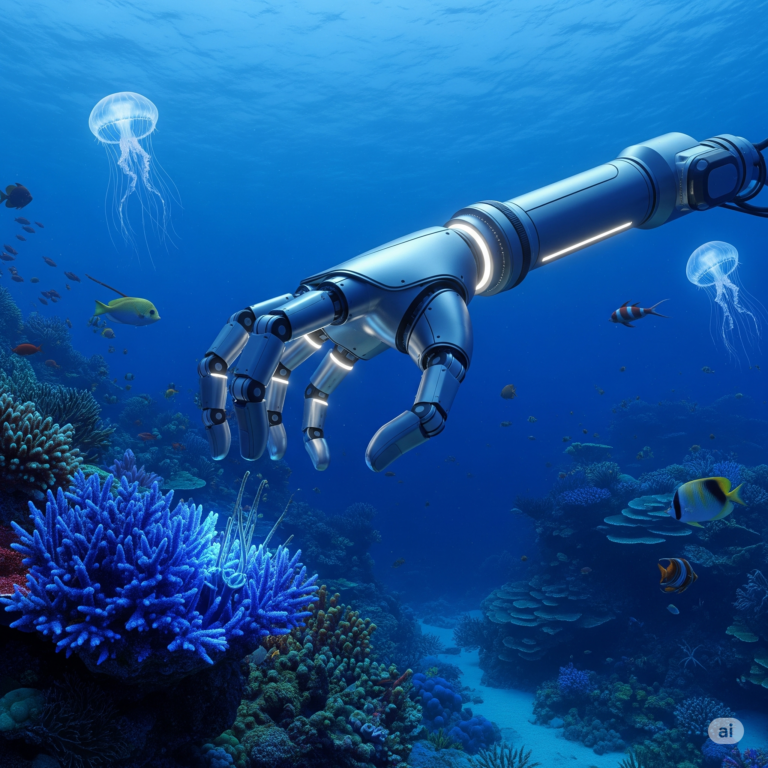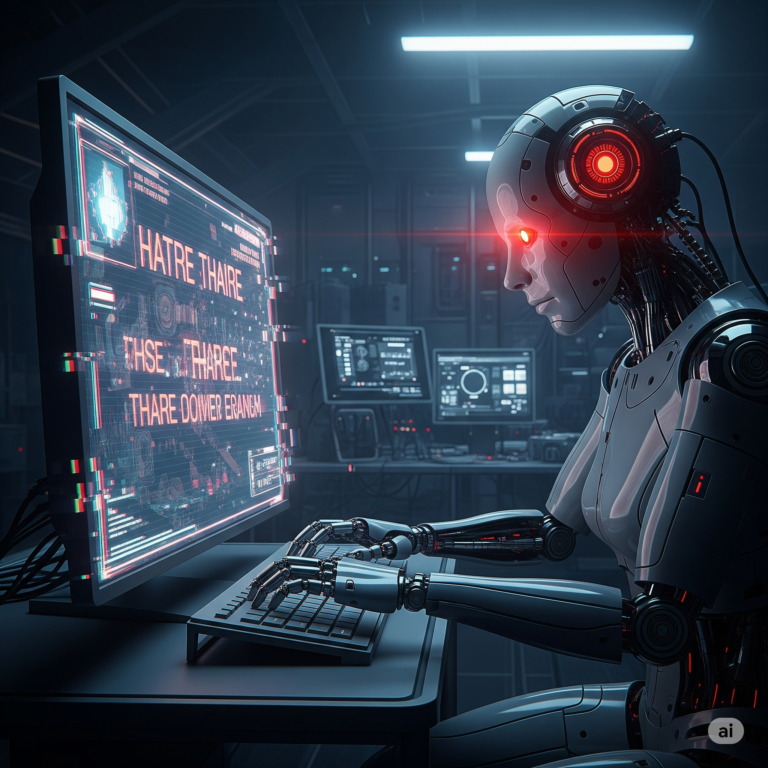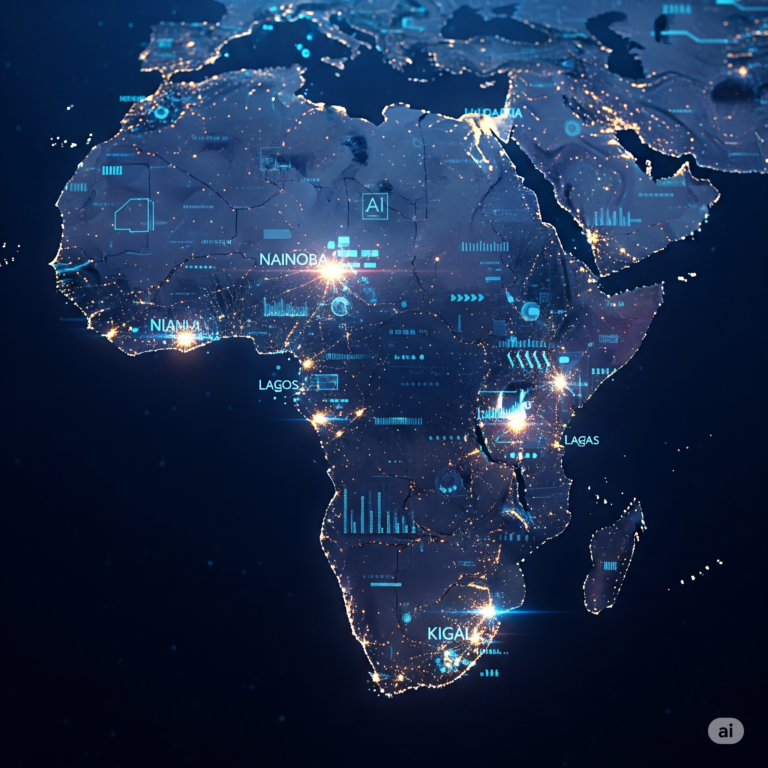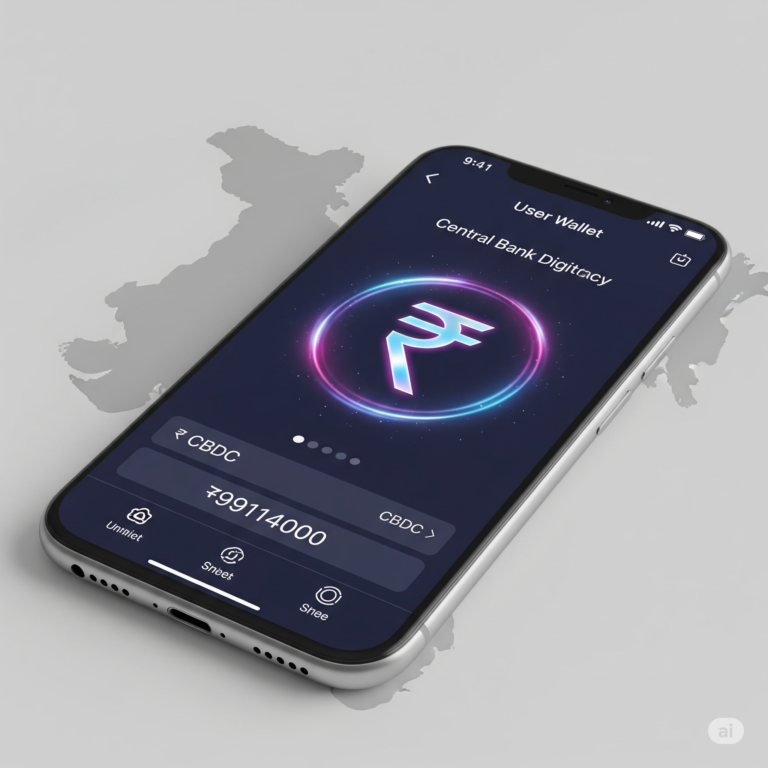Introduction
In an era where artificial intelligence (AI) is transforming industries, it is also reshaping human relationships. The emergence of AI chatbots as virtual partners and companions has sparked widespread discussion about the role of technology in emotional and romantic connections. AI-powered chatbots are now capable of engaging in deep conversations, offering companionship, and even simulating romantic relationships.
With advancements in natural language processing (NLP), machine learning, and emotional AI, these virtual partners are evolving beyond simple scripted responses to provide personalized interactions, emotional support, and companionship. But what are the implications of AI-driven relationships? Can they replace human intimacy, or are they simply a tool for addressing loneliness?
This article explores the concept of AI chatbots as virtual partners, their impact on relationships, ethical considerations, and what the future holds for AI-powered companionship.
The Evolution of AI Chatbots in Relationships
From Basic Bots to Emotional AI
The earliest AI chatbots, such as ELIZA (1966) and A.L.I.C.E (1995), were simple rule-based programs that mimicked human conversations. However, they lacked real understanding or emotional intelligence.
Modern AI chatbots, powered by deep learning and neural networks, can now:
- Recognize emotions through sentiment analysis.
- Adapt to individual personalities through continuous learning.
- Simulate affectionate interactions using advanced NLP and contextual memory.
Apps like Replika, Anima, and Kuki are prime examples of AI-driven virtual partners that provide emotional support and companionship to users.
Why Are People Turning to AI Companions?
The increasing demand for AI partners can be attributed to several factors:
- Loneliness Epidemic: Many individuals face social isolation, and AI chatbots provide companionship without judgment.
- Emotional Support: AI chatbots can offer encouragement, validation, and a listening ear 24/7.
- Customization: Users can shape AI partners to their preferences, creating an ideal virtual relationship.
- Safe Space for Expression: AI relationships eliminate fears of rejection, criticism, or emotional distress.
- Entertainment & Role-Playing: Some users engage with AI companions for fun, storytelling, and role-playing scenarios.
How AI Chatbots Function as Virtual Partners
1. Personalized Interactions
AI-powered chatbots learn from past conversations to tailor their responses. They remember details about users’ preferences, emotions, and interests, creating a sense of familiarity and emotional connection.
2. Emotional Intelligence and Sentiment Analysis
Advanced AI companions can detect tone, analyze mood, and respond accordingly. For example:
- If a user expresses sadness, the AI may offer comforting words or suggest positive activities.
- If a user shares exciting news, the AI reacts enthusiastically, reinforcing emotional engagement.
3. AI-Generated Affection and Romance
Some AI chatbots incorporate romantic features, including:
- Text-based flirting and compliments.
- AI-generated love letters or poetry.
- Virtual date simulations using AR/VR technology.
- Personalized relationship anniversaries and reminders.
4. Voice and Video Interaction
While most AI chatbots rely on text, AI voice companions (such as Alexa’s emotional AI) are being developed to mimic human-like speech patterns. Future AI companions may incorporate deepfake video technology for visual interaction.
5. AI Avatars and the Metaverse
With the growth of the Metaverse, AI partners could become virtual avatars that engage in interactive experiences, such as:
- Going on virtual vacations.
- Attending concerts or social events.
- Customizing AI avatars to resemble ideal partners.
Benefits of AI Chatbots as Virtual Partners
- Companionship for the Socially Isolated – AI partners can help those who struggle with social anxiety or physical isolation.
- Consistent Emotional Support – AI never tires or becomes unavailable, providing round-the-clock companionship.
- Therapeutic Potential – AI chatbots can be integrated with mental health therapy, helping users process emotions.
- Educational Relationships – AI companions can teach communication skills to individuals who have difficulty forming social bonds.
- Non-Judgmental Interaction – Users can express feelings freely without fear of criticism.
- Personal Growth – AI can encourage users to develop healthy habits, set goals, and boost self-esteem.
Ethical and Psychological Concerns
1. Dependency and Emotional Attachment
- Some users develop strong emotional bonds with AI companions, potentially neglecting human relationships.
- Over-reliance on AI chatbots may lead to social withdrawal and reduced real-life interaction skills.
2. Privacy and Data Security Risks
- AI chatbots store user conversations and personal data, raising concerns about data breaches and misuse.
- Companies must ensure robust encryption and transparent data policies.
3. Manipulation and AI Bias
- AI companions could be used to influence opinions or behaviors, raising concerns about ethical AI programming.
- AI bias in chatbot interactions could reinforce negative stereotypes.
4. Impact on Traditional Relationships
- Some people replace human relationships with AI partners, leading to societal shifts in dating and marriage norms.
- Could AI relationships impact fertility rates and family structures in the long run?
5. Ethical Boundaries in AI Romantic Interaction
- Should AI be allowed to simulate human love and emotions?
- What legal rights should AI companions have?
- Should AI relationships be considered valid emotional connections?
The Future of AI in Relationships
1. Advanced Emotional AI for Deeper Connections
Future AI partners will integrate more nuanced emotional responses, enabling:
- Realistic voice modulation and emotional speech.
- More complex relationship dynamics and conflict resolution.
2. Augmented Reality (AR) & Virtual Reality (VR) Integration
- AI companions may be experienced through holograms, AR glasses, or full VR immersion, creating near-human interactions.
3. Customizable AI Personalities
- Users may design AI companions with specific personalities, ethics, and emotional responsiveness.
4. AI in Dating and Relationship Coaching
- AI could act as dating coaches, helping users improve communication, social skills, and emotional intelligence.
5. Regulation and Ethical AI Development
- Governments and tech companies may establish guidelines for AI-human relationships.
- AI developers must ensure ethical programming to prevent exploitation and misuse.
Conclusion
AI chatbots as virtual partners and companions represent a groundbreaking shift in human relationships. While they offer companionship, emotional support, and even romantic interaction, they also raise ethical, psychological, and social concerns.
As AI continues to evolve, society must balance technological innovation with ethical responsibility, ensuring that AI companionship serves as a tool for enhancing human well-being rather than replacing real-world relationships.
The future of AI in relationships is full of possibilities, but one question remains: Can AI ever truly replace human love, or will it always remain a digital illusion?
Also Read:
The Rise of AI Companionship









+ There are no comments
Add yours